On May 1, President Donald Trump announced in an Executive Order that he would be cutting funding towards biased media outlets.
In the Executive Order “Ending Taxpayer Subsitization of Biased Media,” the President announced that by ensuring that the Federal government is not funding biased or partisan news coverage, the Corporation of Public Broadcasting (CPB) would be restricted from giving funds to news stations that are suspected of leaning towards a specific side. This order is expected to pull funding from major news media sites such as the National Public Radio (NPR) and the Public Broadcasting Service (PBS)
“Government funding of news media in this environment is not only outdated and unnecessary but corrosive to the appearance of journalistic independence,” President Trump said in the order.
The President cancelled current funding towards NPR and PBS, with over $1.1 billion being cut. This comes after the Senate Appropriations Committee approved a Rescission Package of $9.4 billion in spending cuts in public media and foreign aid.
Future funding for the two broadcast news stations will decline. In addition, the order also permits the use of other public radio and television stations and users of CPB funds from being able to give their federal funds to NPR and PBS
The Corporation for Public Broadcasting (CPB) is a private, nonprofit corporation authorized by Congress in the Public Broadcasting Act of 1967. The CPB has stated that “CPB, PBS and NPR are independent of each other and of local television and radio stations.”
On May 2, The Department of Education notified CPB and announced that their 2020-2025 “Ready To Learn” grants would be terminated immediately. The grants are authorized under the Elementary and Secondary Education Act and have been in use since 1995. They have helped fund children’s shows such as “Sesame Street,” “Reading Rainbow” and “Clifford the Big Red Dog.”
In the past year, 36 million television viewers watched shows that were funded by the “Ready To Learn” grant.
“Nearly every parent has raised their kids on public broadcasting’s children’s content. For the past 30 years, Ready To Learn-funded PBS KIDS content has produced measurable, real-world impacts on children’s learning,” President and CEO of CPB Patricia Harrison said in an official statement. “Ready To Learn has received strong bipartisan support from Congress for the past 30 years because of the programs’ proven educational value in advancing early learning skills for all children. We will work with Congress and the Administration to preserve funding for this essential program.”
NPR President and CEO Katherine Maha responded to the White House’s executive order, accusing the President of not being honest about the reasons why he chose to cut funding. She believes that it is “not about balancing the federal budget,” as NPR and PBS used less than 0.0001% of the budget before funding was cut off.
“With the creation of the Public Broadcasting Act, Congress explicitly forbade ‘any department, agency, officer or employee of the United Station to exercise any direction, supervision or control over education television or radio broadcasting.’ This independence has informed the role of public broadcasting in the American interest for more than half a century, and is core to our relentless commitment to editorial independence and integrity in our service today,” Maha said.
NPR currently ranks first out of 13 news brands when it comes to “trustworthiness, integrity, and respect,” with 89% of listeners believing that they provide them with information other media outlets do not provide.
Maha announced that NPR will continue to share news to the American people and will challenge the Executive Order “using all means available.” She believes that the action violates their First Amendment rights of their freedom of press and violates their listeners’ rights.
President and CEO of PBS Paula Kerger also released an official statement regarding the Executive Order.
“The President’s blatantly unlawful Executive Order, issued in the middle of the night, threatens our ability to serve the American public with educational programming as we have for the past 50-plus years. We are currently exploring all options to PBS to continue to serve our member stations and all Americans,” Kerger said.
Educational children’s show “Sesame Street” has been running for nearly 56 years on television, but risked cancellation after the funding cut. Netflix has agreed to pick up the show for a publicly undisclosed amount but has stated that the show is a “beloved cornerstone of children’s media, enchanting young minds and nurturing a love of learning.”
On August 1st, the CPB announced that they will “wind-down” its operations following the $1.1 billion cut in funding.
“Despite the extraordinary efforts of millions of Americans who called, wrote, and petitioned Congress to preserve federal funding for CPB, we now face the difficult reality of closing our operations,” Harrison said. “CPB remains committed to fulfilling its fiduciary responsibilities and supporting our partners through this transition with transparency and care.”
While NPR receives only around 1% of their funding from the federal government, small stations connected to NPR relied on the CPB to supply news to poor and rural areas across the country.
PBS received around 15% of their funding from the federal government. It will continue to receive additional funding through their PBS Endowment Fund.



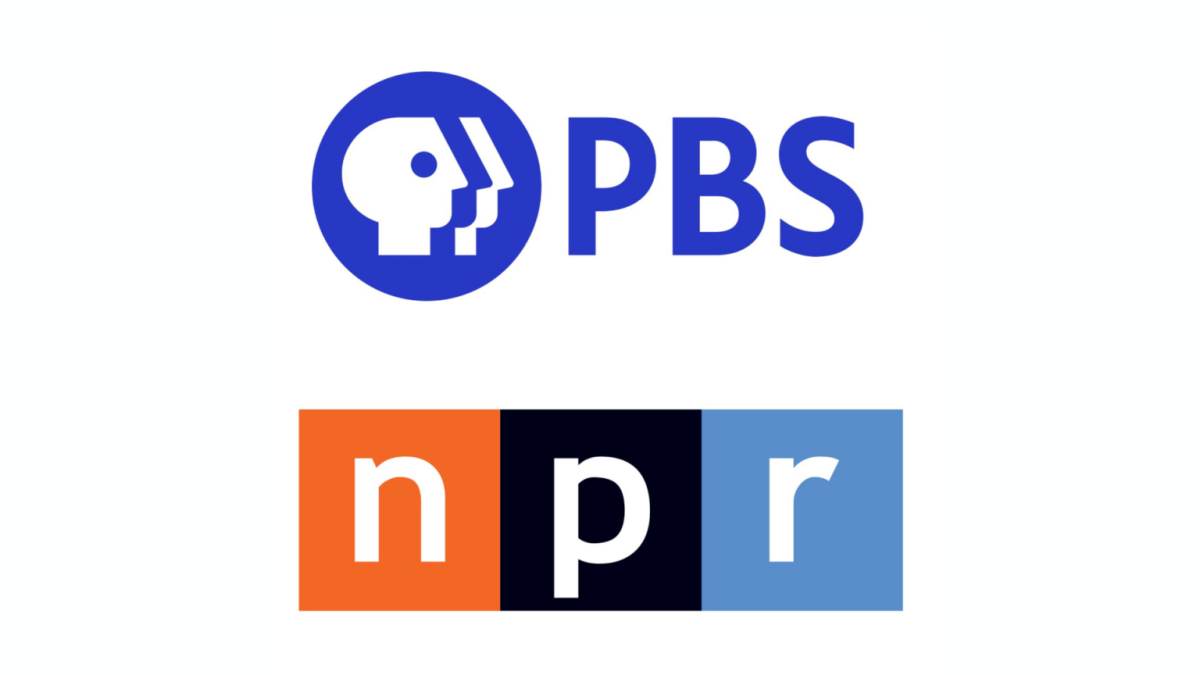


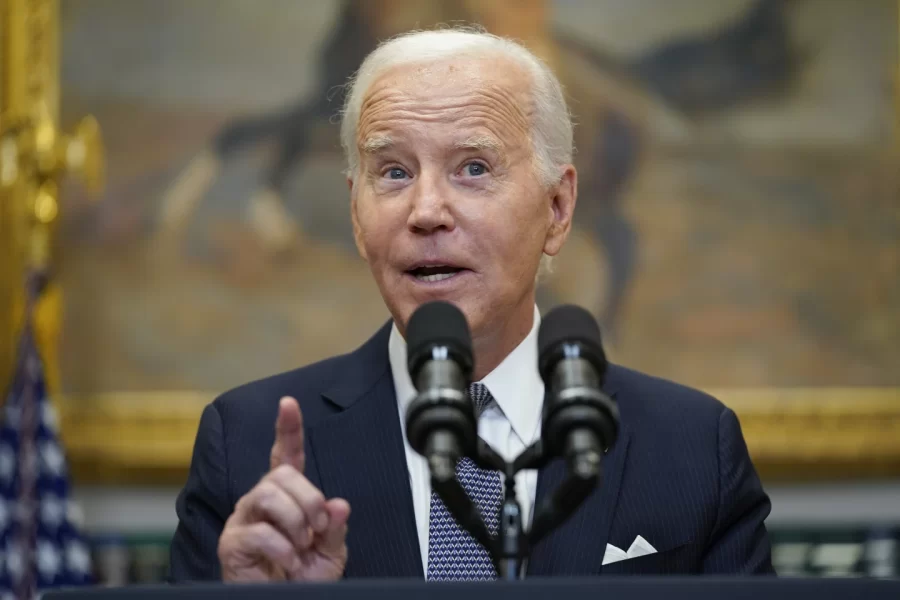

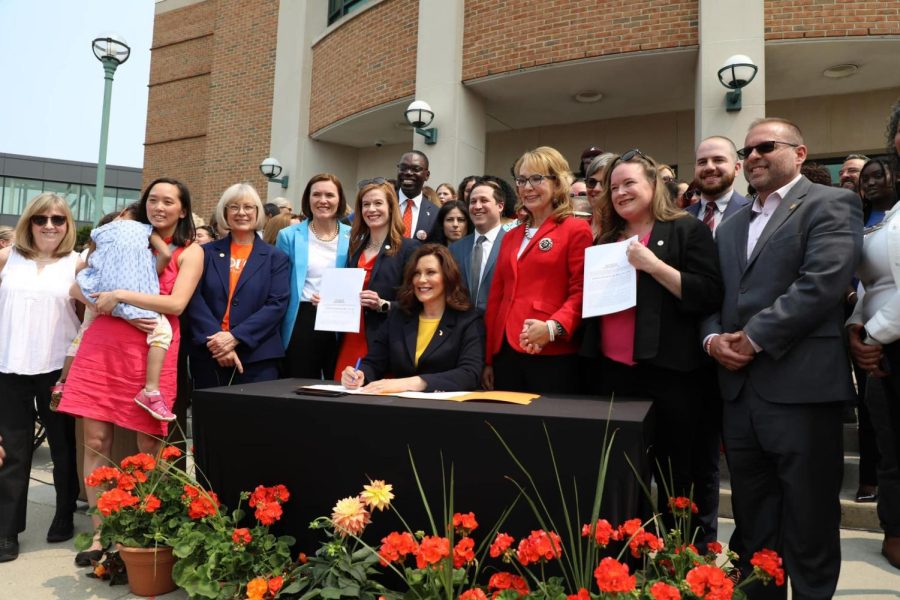
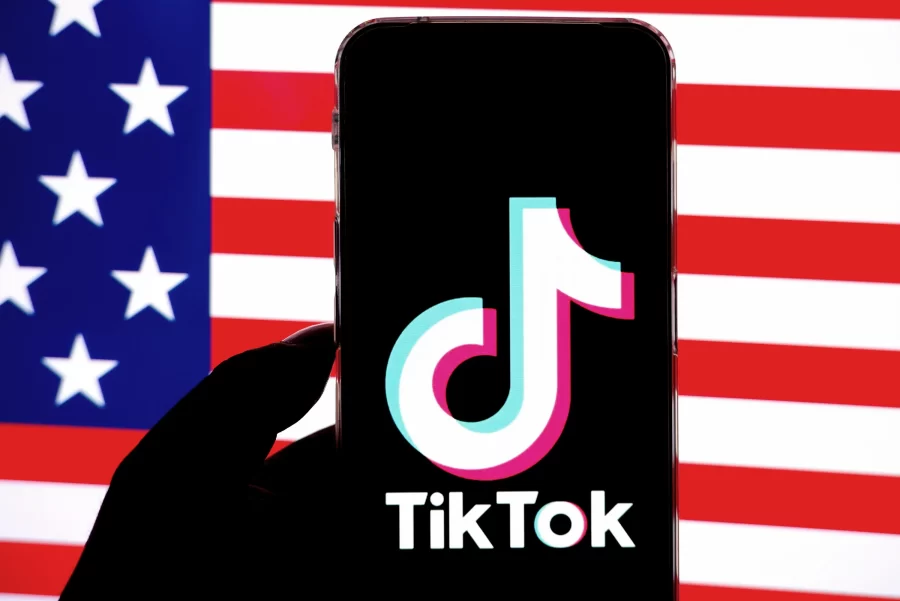


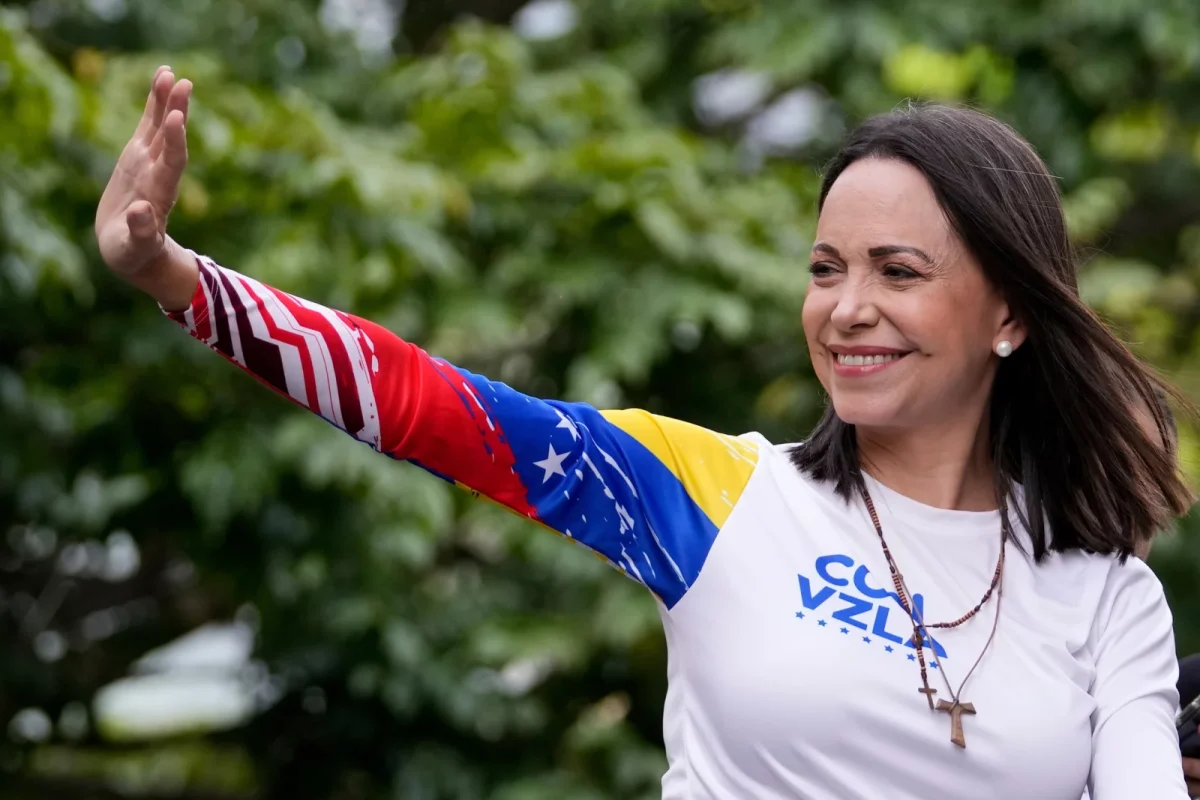



yousef • Aug 20, 2025 at 11:42 AM
Dont stop there, keep defunding the entire democrat propaganda industrial complex.